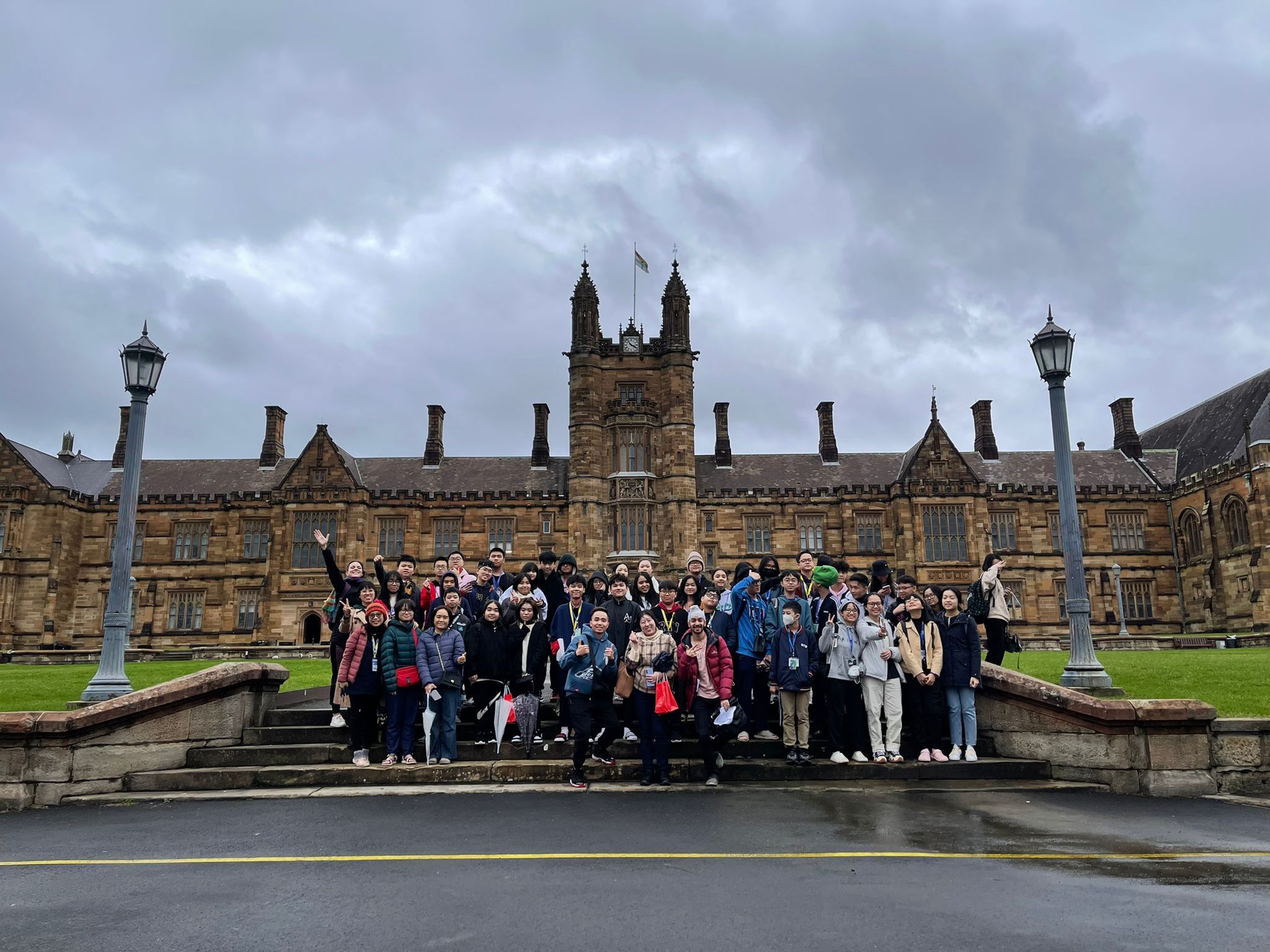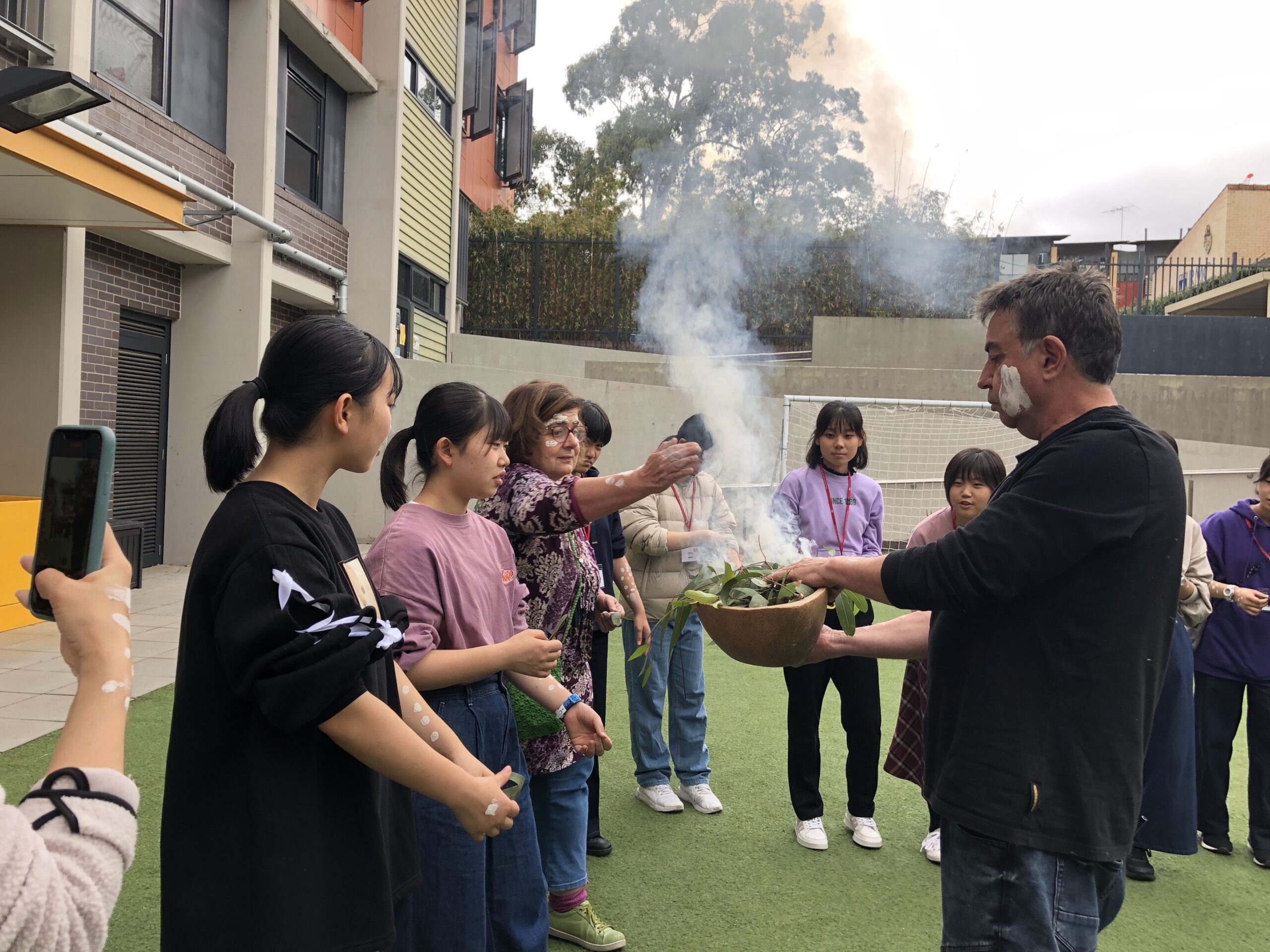
Studying abroad has become an increasingly popular option for students seeking a unique academic and personal experience. Singapore, a small but thriving island nation in Southeast Asia, has emerged as a top destination for international students.
With its high-quality education system, diverse culture, and booming economy, Singapore offers a wealth of opportunities for students looking to expand their horizons. This article will discuss everything you need to know about studying abroad in Singapore, including preparing for your move, living and studying in Singapore, and making the most of your experience.
Preparing for Studying Abroad in Singapore
Why Study Abroad in Singapore?
Singapore has become a popular destination for international students because it is a hub for education, culture, and business. As a study abroad destination, Singapore offers a range of benefits, including:
1) High-Quality Education
Singapore is home to some of the world’s top universities, offering a rigorous and innovative education. Singapore’s universities are globally renowned for their high-quality education, providing students with a rigorous and innovative learning experience.
With top-ranked institutions, students can access world-class faculty and cutting-edge research facilities.
2) Cultural Immersion
Singapore’s diverse population and rich cultural heritage give students a unique opportunity to learn about different cultures and perspectives.
With a population comprised of Chinese, Malay, Indian, and Western influences, Singapore is a model of cultural diversity. Students studying in Singapore can immerse themselves in this rich cultural tapestry, exploring food, music, art, and traditions worldwide.
By engaging with the local community, students can broaden their horizons and gain a deeper appreciation for the complexities of global society.
3) Career Opportunities
Singapore’s strong economy and business-friendly environment allow students to gain valuable work experience and build professional connections.
Understanding the Education System in Singapore
Singapore’s education system is known for its emphasis on academic excellence and innovation. The education system is divided into primary, secondary, and tertiary levels. Primary and secondary education is mandatory for all Singaporean citizens and permanent residents, while tertiary education is optional. Singapore offers a wide range of educational opportunities, from vocational training to doctoral programmes.
Compared to other countries, the Singaporean education system emphasizes critical thinking and problem-solving skills. Singapore’s universities are also known for their research-intensive programmes and cutting-edge facilities.
Applying to Study in Singapore
To apply to study in Singapore, students must meet certain requirements for admission, which vary depending on the level of study and the specific university. In general, students must provide academic transcripts, test scores, and letters of recommendation. Some universities may also require students to submit essays or personal statements.
Application deadlines vary depending on the university and programme, but generally fall between December and February for the academic year starting in August. Students are encouraged to apply early to ensure they have enough time to complete the application process and obtain any necessary visas.
Scholarships and financial aid opportunities are available for international students studying in Singapore. Students are encouraged to research and apply for scholarships as early as possible to increase their chances of receiving funding.
Preparing for the Move
Once accepted to a university in Singapore, students must prepare for their move to the island nation. This includes obtaining a student visa, finding housing, and budgeting for the cost of living.
To obtain a student visa, students must provide proof of acceptance to a Singaporean university, a valid passport, and other supporting documents, such as financial statements or medical records. The visa application process can take several weeks, so students should apply as early as possible.
Housing options for students in Singapore include on-campus dormitories, off-campus apartments, or homestays with local families. The cost of living in Singapore can be high, so students should budget accordingly and research ways to save money, such as cooking at home or taking public transportation.
Living and Studying in Singapore
1. Adjusting to Life in Singapore
Adjusting to life in Singapore can be a challenging but rewarding experience. Singapore’s culture is a unique blend of Chinese, Malay, Indian, and Western influences, which can be both exciting and overwhelming for international students.
To thrive in Singapore, students must adapt to the unique cultural landscape. This can be achieved by learning about Singaporean culture and social norms, meeting local students and getting involved in campus life, and exploring the city and surrounding areas to understand the culture and history of Singapore better.
By immersing themselves in the local community, students can broaden their horizons and gain a deeper appreciation for Singapore’s diverse and vibrant culture.
2. Academic Expectations in Singapore
Singapore’s education system is known for its rigor and emphasis on critical thinking and problem-solving skills. Compared to other countries, their teaching style may be more fast-paced and demanding, which can be challenging for some students.
Academic success in Singapore requires dedication and effort. Students who wish to succeed academically should attend classes regularly and participate actively in discussions. Additionally, staying organised and managing time effectively is essential.
In case of difficulty, students should not hesitate to seek help from their professors or academic support services. By taking these steps, students can excel academically and gain a valuable education in Singapore.
3. Career Opportunities and Networking
Studying in Singapore offers students the opportunity to gain valuable work experience and build professional connections. Singapore’s strong economy and business-friendly environment make it an ideal place for students to explore career opportunities. To maximise career opportunities in Singapore, students must be proactive.
This can be achieved by seeking out internships or part-time jobs while studying in Singapore, attending career fairs and networking events to build professional connections, and utilizing career services and resources available through their university.
By taking these steps, students can gain valuable work experience, build a professional network, and prepare themselves for success after graduation. With Singapore’s thriving economy and business-friendly environment, students have a unique opportunity to launch their careers while studying abroad.
Conclusion
Studying abroad in Singapore offers students a unique opportunity to expand their horizons and gain valuable academic and personal experience. With its high-quality education system, diverse culture, and thriving economy, Singapore is a top destination for international students seeking an exceptional study abroad experience.
If you are seeking a unique and enriching experience that offers a high-quality education, diverse culture, and abundant career opportunities, consider studying abroad in Singapore! BlueSky Education can expand your horizons in one of the world’s most innovative and dynamic countries. Apply today for a study abroad program in Singapore and take the first step towards an unforgettable experience!



